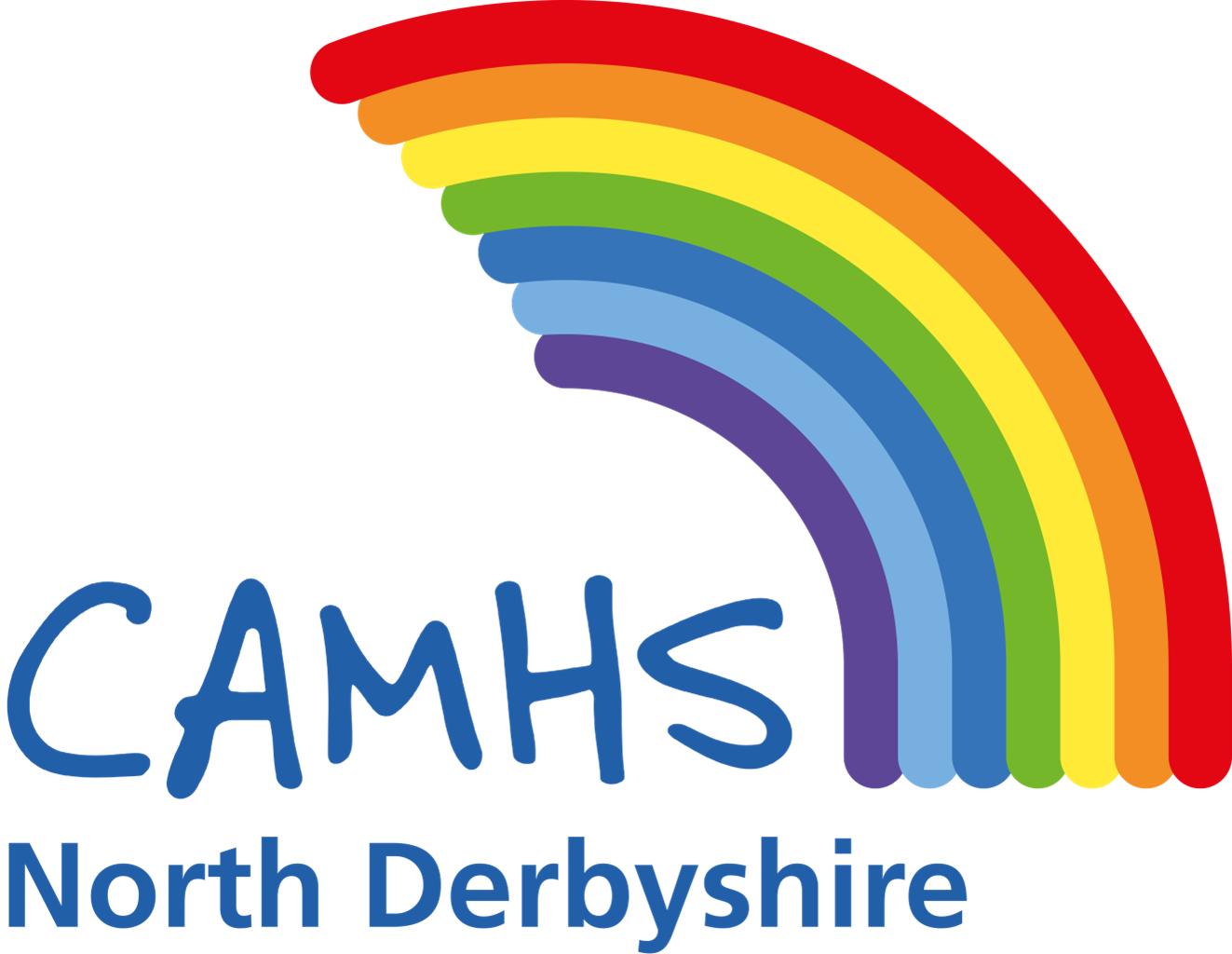Promoting Positive Relationships
- As with all aspects of daily life, each young person with ASD will differ in how they feel about having relationships with others.
- Some young people may be really keen to have friendships or romantic relationships, but may struggle to know how to go about forming them. They may find that they make friends, but then find it difficult to maintain friendships or relationships.
- Sometimes, it is not on the young person’s agenda to have relationships in the ways that others might. They may prefer their own company or that of family, or want to only see friends in certain settings or contexts (for e.g., only at school).
- Some young people may only have friendships centred on their special interests and for them this is OK and makes them happy.
- However, some young people may recognise that their relationships are different, or that they struggle in this area of their life, and this can cause them to feel upset.
- When trying to support your young person in developing relationships, think about the above and what is important to them. Do they seem happy with the friendships they have? Do they get upset about relationships? Are they content with just seeing friends at school?
- Think about whether you are trying to place your own value or wishes onto them – for example, would you like your child to go to parties but they find this type of social situation overwhelming? Do they actually just prefer being 1:1 or in small groups? Try to work with their preferences and build from there.
- Consider providing opportunities for your young person to meet others with ASD – this can help them to feel less alone, and be amongst those who are more likely to understand their differences.
- Help them access groups around their special interests – this can be a great way of meeting people without the added pressure of having to find something in common.
- Role playing. You can help plan ‘social scripts’ with your young person to help then get conversations started, and to give them ideas of what to say when meeting new people.
- Young people with ASD can find it difficult to make sense of other people’s emotions and behaviour. Talking through a situation with them and clearly explaining why someone might be thinking or feeling a certain way can help them to know how to respond in future situations.
- Liaising with school – some young people may benefit from having a link to a key person in school to enable reflection and review of situations or relationships that are causing them problems or anxiety. Use of social stories or cartoons can help them to understand what is expected in a given situation, and how others might react.


